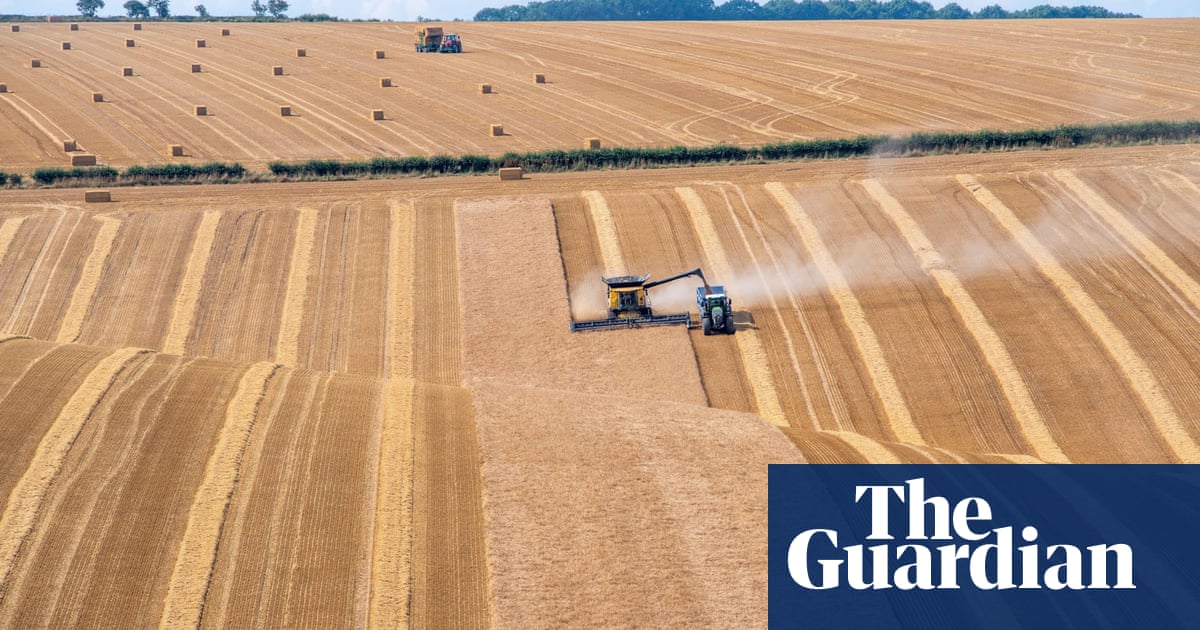There is an urgent need for farming to curb its greenhouse gas emissions, with farmers also under pressure to be more sustainable. One suggestion could help with both problems: spreading crushed volcanic (basalt) rocks on fields to help capture carbon dioxide from the atmosphere.
It is a sustainable fertiliser; basalt is rich in minerals, so the rock powder increases soil fertility by feeding nutrients needed for plant growth. Trials at the universities of Newcastle and Sheffield have shown that crop yields are improved, without any ill-effects on the environment or the plants.
This process of capturing CO2 mimics a geological process called weathering. When it rains, carbon dioxide in the atmosphere is absorbed by the falling rain, and when the rainwater reaches the ground it reacts with basalt rocks to form inert carbonates, which are eventually washed into the sea where the carbon stays permanently locked away on the seabed.
Many parts of the UK are rich in volcanic rocks, which can be easily ground up into powder and scattered over fields. But this is no magic bullet to solve the climate crisis, as drastic reductions in greenhouse gas emissions are still needed.

